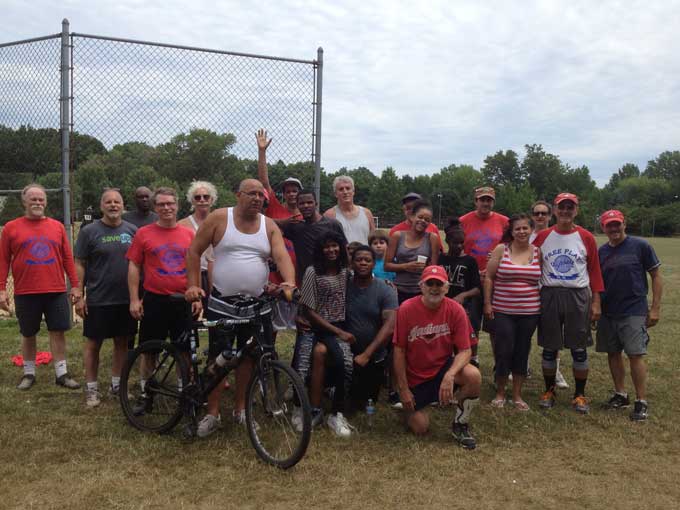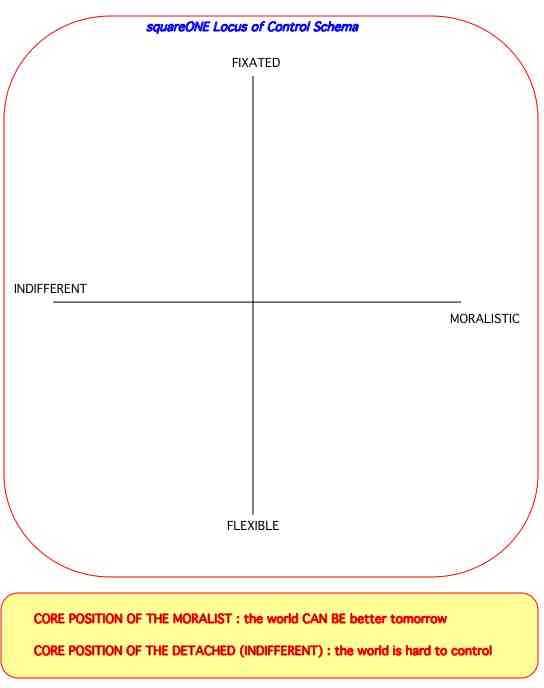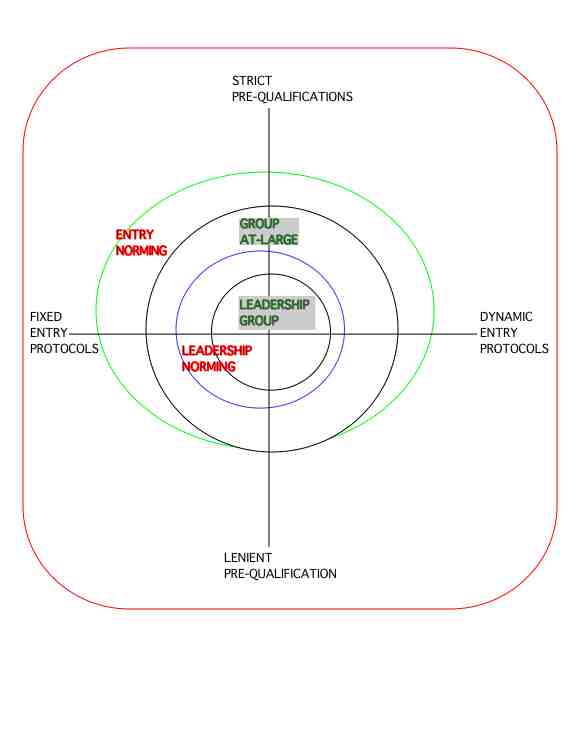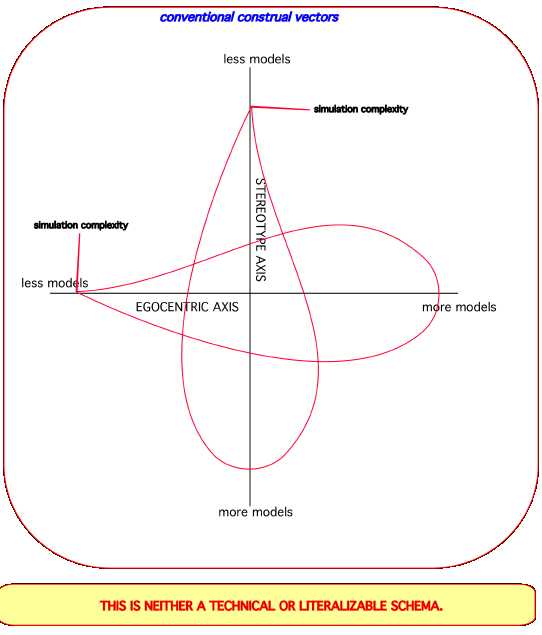
The photographer was player number twenty. Ringers Adam and Matt stand out because of their uniforms.
Free Play Softball enjoyed its first ideal turnout of the season. Twenty came, twenty played, and, hopefully twenty will return next week. As a group we have long been resourceful about our numbers. Everybody plays. This is true when the group obtain epic numbers–say, twenty-five or more–and, also, we’ve figured out how to configure a game when half the ideal number, ten, show up.
But, twenty is ideal.
This year, so far, we’ve played on field #8 once, choosing on other weeks to move our diamond away from the treacherous swamp formed by poor drainage behind the path from second to third base. This week we also adjusted our location and played on the fenced-in league field #3 adjacent to our scraggly open grass field, #8. It’s a fast, unforgiving infield attached to a capacious outfield that goes up hill.
In the past we’ve opted not to use the so-called pro field because it really demands keen infield play on its dirt infield. The consensus has been: we’re not really up to the challenge. But, once a year a group with a permit takes over the hallowed diamond and we make our way to a normal field, with benches, and fences, and puffy bases. This week two ringers showed up and were convinced to play in our grizzled circus.
The high point for me was the return of Dave B. His shoulder on the right side underwent some off-season carving, so I challenged him as to what position he thought he could manage throwing underhand. I put him out at pitcher and he did really well. His team moved him to second base–he’s an ace fielder–and he quickly generated an effective sidearm throw. And, testing his bony geometry with bat in hand he slapped hits around the field as if a surgeon hadn’t paid him any off season visit at all!
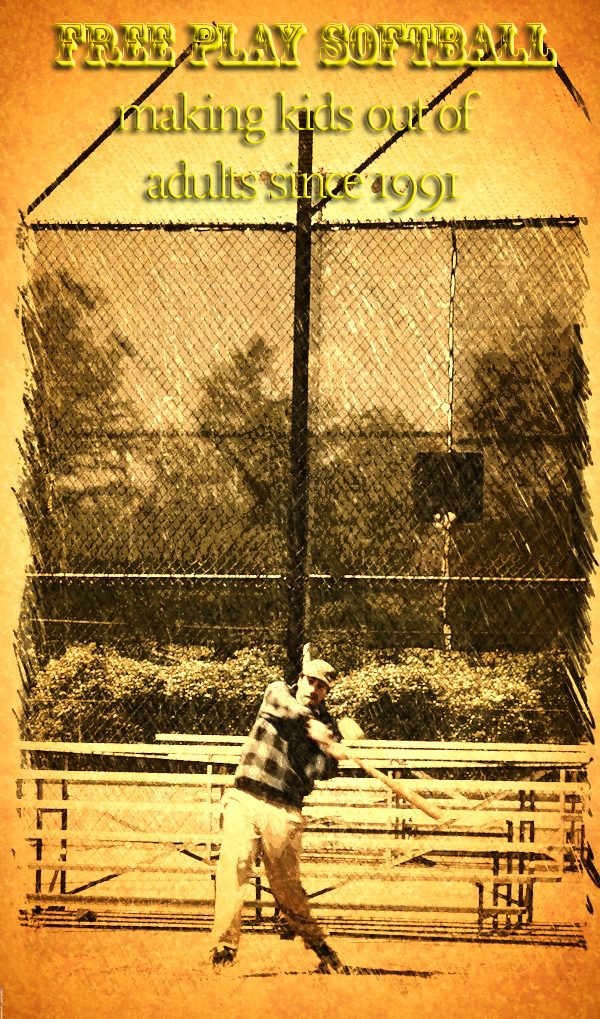
Once the game began all tools remained in the toolbox.
Authoritative Interventions
Prescriptive – You explicitly direct the person you are helping by giving advice and direction.
Informative – You provide information to instruct and guide the other person.
Confronting – You challenge the other person’s behavior or attitude. Not to be confused with aggressive confrontation, “confronting” is positive and constructive. It helps the other person consider behavior and attitudes of which they would otherwise be unaware.
Facilitative Interventions
Cathartic – You help the other person to express and overcome thoughts or emotions that they have not previously confronted.
Catalytic – You help the other person reflect, discover and learn for him or herself. This helps him or her become more self-directed in making decisions, solving problems and so on.
Supportive – You build up the confidence of the other person by focusing on their competences, qualities and achievements.
John Heron’s Six Applications for Intervention


